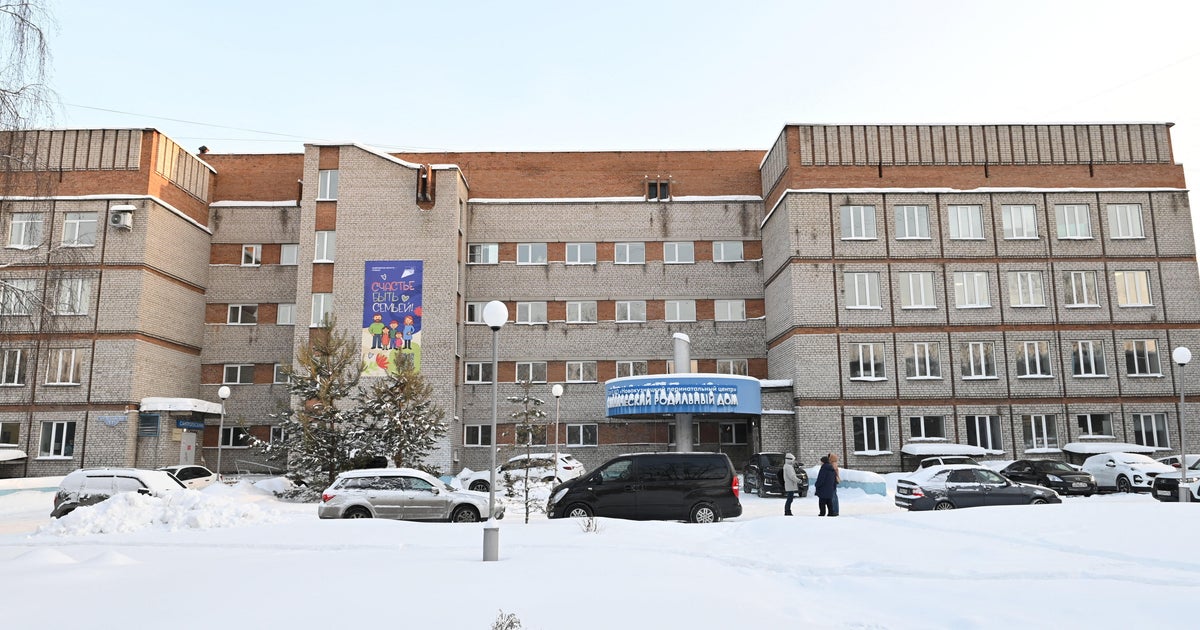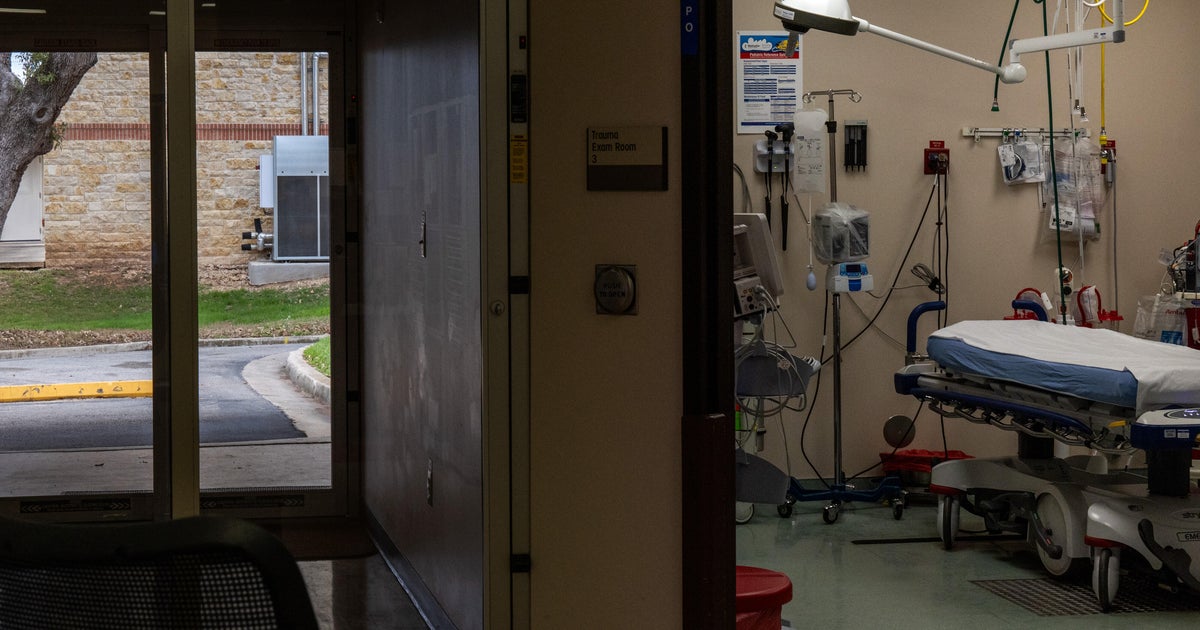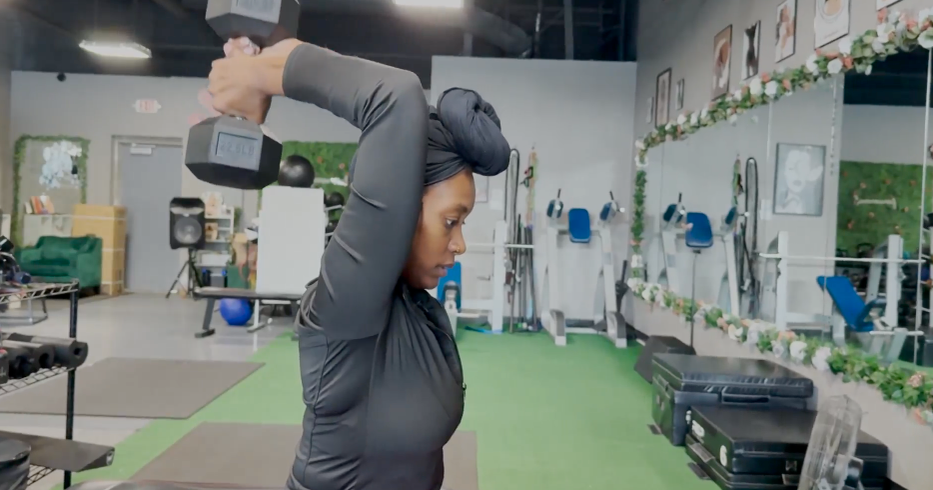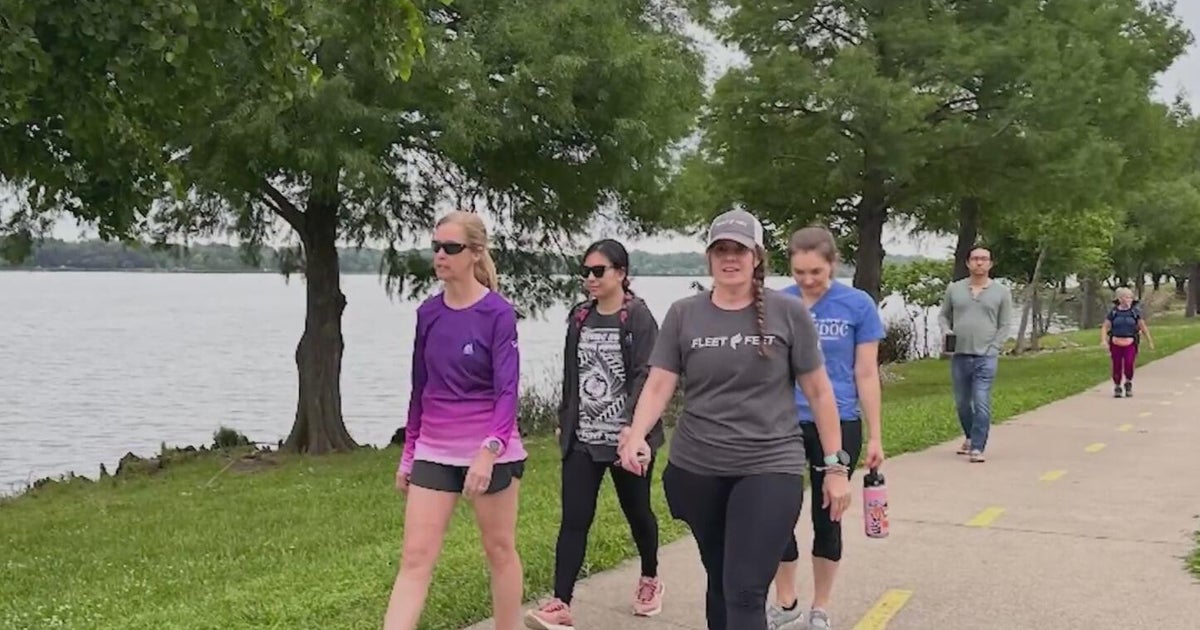Infamous Oscars slap shines new light on alopecia
COLTS NECK, N.J. -- The infamous slap at this year's Oscars is shining new light on alopecia.
Jada Pinkett Smith is one of millions of Americans who live with the condition that causes sudden hair loss, and CBS2's Mary Calvi reports there's an uptick in patients who have been suffering in silence and are now looking for answers.
You wouldn't know it from looking at her in competition or watching her care for her horse, but Lilianna Hakim has a health condition, the same one as Pinkett Smith.
Hakim has lived with alopecia her entire life.
"I was ten months old," she said.
And she has heard the questions over the past 18 years.
"Why doesn't she have hair? Or people pointing or staring," Hakim said.
Many women have disclosed to the world on YouTube, they too have alopecia areata.
In fact, 1 in 50 people will suffer from it in their lifetime. It occurs in all races equally and can develop at any age, although most people see the signs for the first time before the age of 30.
At Aglow Dermatology, Dr. Dina Strachan has seen a significant uptick in new patients in the few last weeks. It was that moment on Oscar night when Will Smith slapped Chris Rock for making a joke about his wife's hair that began a discussion about an often hidden condition.
Alopecia is an autoimmune disease causing a sudden loss of patches of hair on the scalp. In most cases, new hair eventually grows back, especially with the help of treatment.
Strachan says the earlier the infection is diagnosed, the better the outcome for treatment.
"Has this given a voice to an infection that often has been sort of in the background and hidden in some ways?" Calvi asked.
"Many patients with hair loss suffer for years without consulting a doctor. Sometimes they do that for so long, that it's hard to actually reverse the problem they have," Strachan said.
Now, new research is leading to breakthrough treatments.
"Traditionally we've used, you know, topical steroids, injected steroids, these other types of treatments, and now we have a systemic, meaning either ingested or injected medication, that can help people who have more severe types of alopecia," Strachan said.
It can be very effective when matched with the right patient. As for Hakim, she has a different approach to her alopecia.
"I had it at such a young age, so it doesn't really bother me," she said.
Over the years, she's helped other girls going through the very same thing, raising money and awareness, for one particular reason. She knows bringing it into the light can, even if in a small way make a difference for others.
"People get hurt by things people say about it," Hakim said. "Awareness is good for it."








